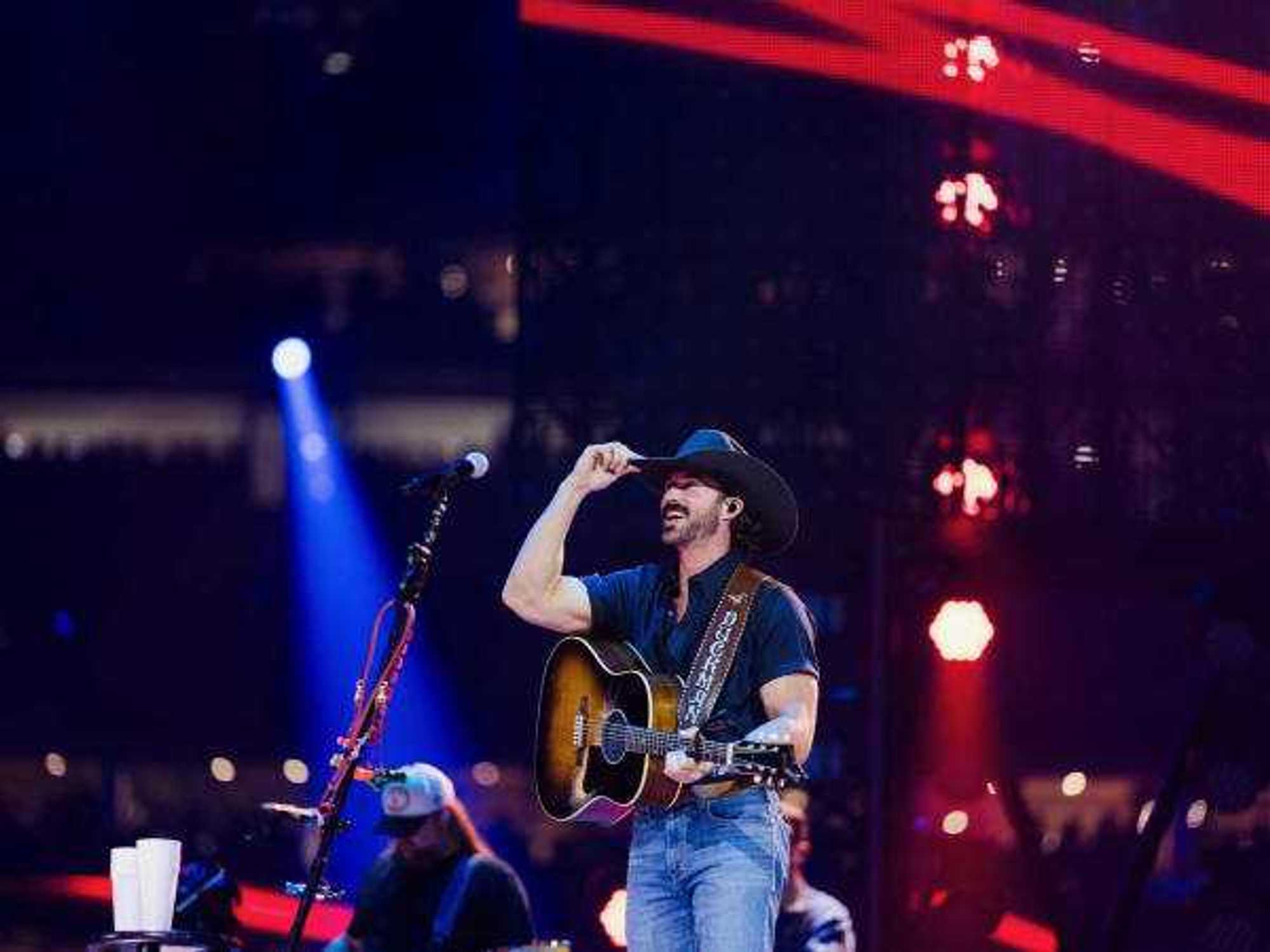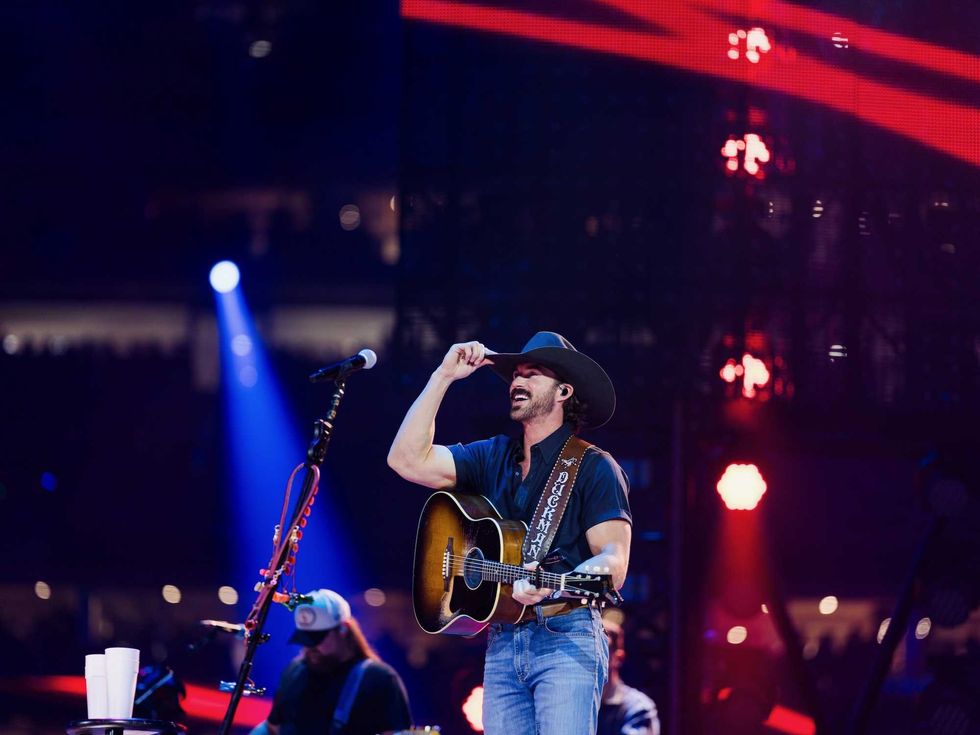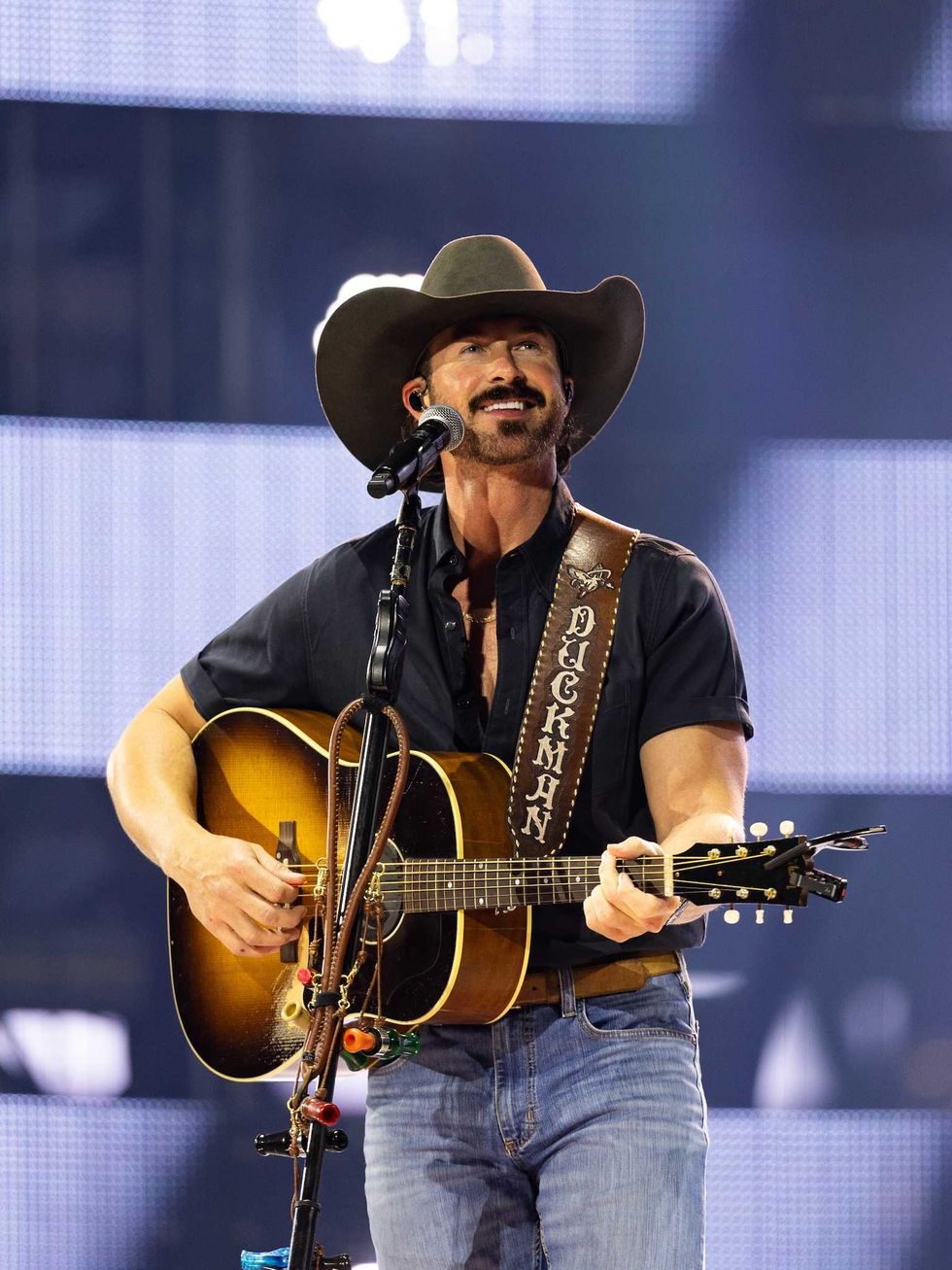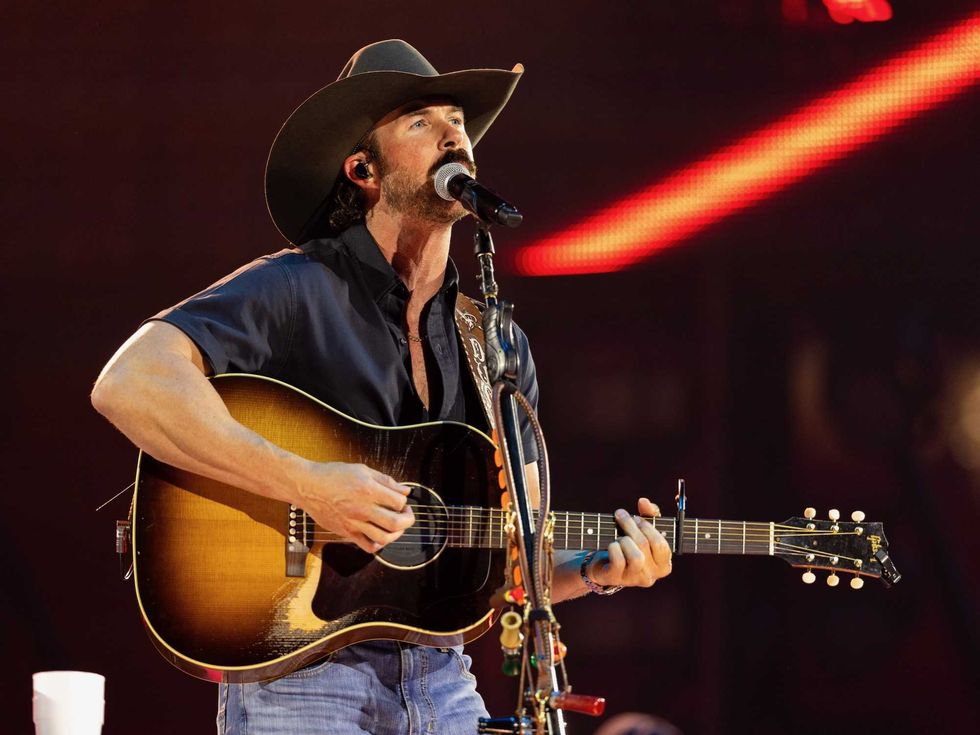RodeoHouston 2018
He said what about The Astrodome? Garth Brooks talks Rodeo and Houston
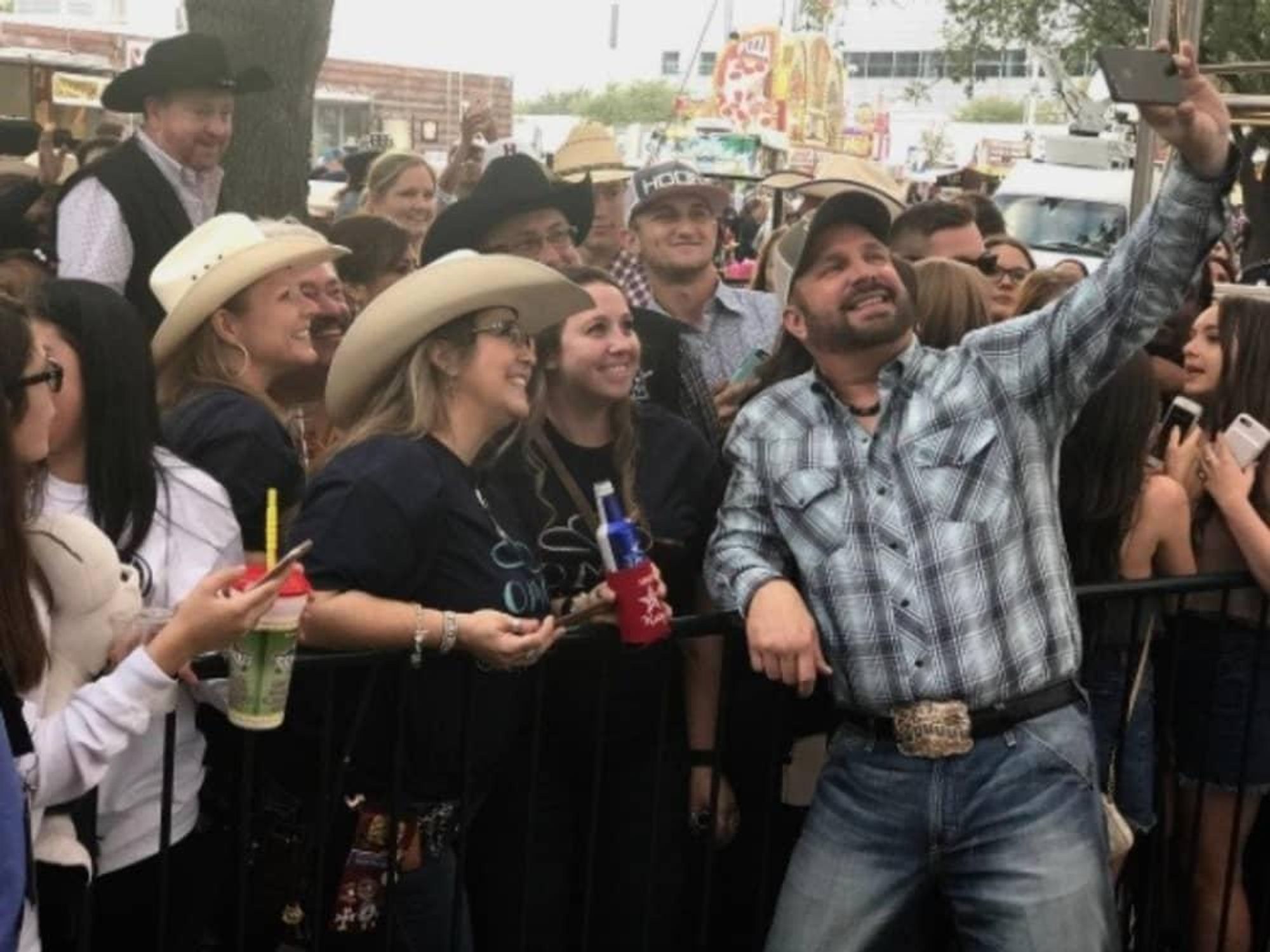
Garth Brooks appears downright jolly as he courts the Houston media February 27, hours before his first Houston Livestock Show and Rodeo performance since 1993. Seeming only slightly less pumped to be answering questions than he is singing in concert, he notes that his two Astrodome shows in the early ’90s pushed him towards adopting wireless microphones onstage, and, personally, represented huge strides toward following in George Strait’s footsteps.
RodeoHouston, Brooks says, is “a place of great history for us...it’s the reason why we started.”
If anyone can get away with the royal “we,” it’s probably Brooks, now 56. The reigning CMA Entertainer of the Year, he has sold upwards of 148 million albums in the U.S., and 6.1 million seats on his recently concluded Garth Brooks World Tour, which began with 11 straight sellouts in Chicago.
The morning after the first show of his June-July 2015 stand at Toyota Center, Brooks says, the phone rang with an offer to come back to RodeoHouston. Of the heavy promotion he’s done this week, he jokes, “they’ve been working us like a rented mule since we got here.”
His groundbreaking turn as the first entertainer on the the rodeo’s new high-tech star-shaped stage wasn’t lost on him either. “We don’t want to push every button,” says Brooks, noting he expects his show to be much different when he returns to close the season on March 18.
Before heading off to sound check, he took the time to meet individually with a handful of local reporters, including CultureMap.
CultureMap: What do you like to do in Houston if you have any time to kill?
Garth Brooks: Oh, it’s just a fun place. It’s a great place to come here to get, you know, your clothes. It’s a great place to come because you’ve got so many choices. But my favorite thing is still hanging out with my buddies. My brother lived down here for a while; he’s back up in Tulsa. But still, all the relationships from there. It’s just the people.
CM: What do you remember about your days here playing the honky-tonk circuit?
GB: It was fun, man. I remember coming here. Clint Black was out of here. When we first started Clint just cast this shadow, man. No matter how hard you worked, Clint was the guy. His family came out; I remember seeing them, hugging them, which made me feel really good.
We played a little place, I almost want to call it the Library, but it wasn’t. It was a club. We had a great time. There was a dancehall. And here comes The Woodlands, with Reba. And then Compaq. And then before Compaq, it might have been...I can’t remember the name.
CM: The Summit.
GB: Summit. Yeah. So it was the Summit before the Compaq [now Lakewood Church]. And in between those you’d play the livestock show. So it was fun. This has always been a place that I’m not from but has treated me like I’m from here, if that makes any sense. They’ve always supported me and treated me like a hometown guy and made me feel good.
CM: What do you think about when you look over and see the Astrodome over there?
GB: What about it? It’s cool? Have you ever been in the Superdome?
CM: No.
GB: It’s the same thing, man. Because they were the new kind of big structures at that time, so it was neat to get to play there. I love to say that I played there.
I’ll tell you this from just rehearsal right here — this place is amazing. This is a lot different. The Astrodome, if you said [sings] ‘Oh say can you see…’ and before you got to the end of it you heard ‘oh say can you see…’ The sound here is phenomenal. Loved playing over there; really going to love playing over [here].
CM: One music question: Is it tough to decide which song to play last?
GB: It’s not hard for me, because “The Dance” has always been that space for me. It would be like going to see Strait, and not hearing “The Cowboy Rides Away.”
